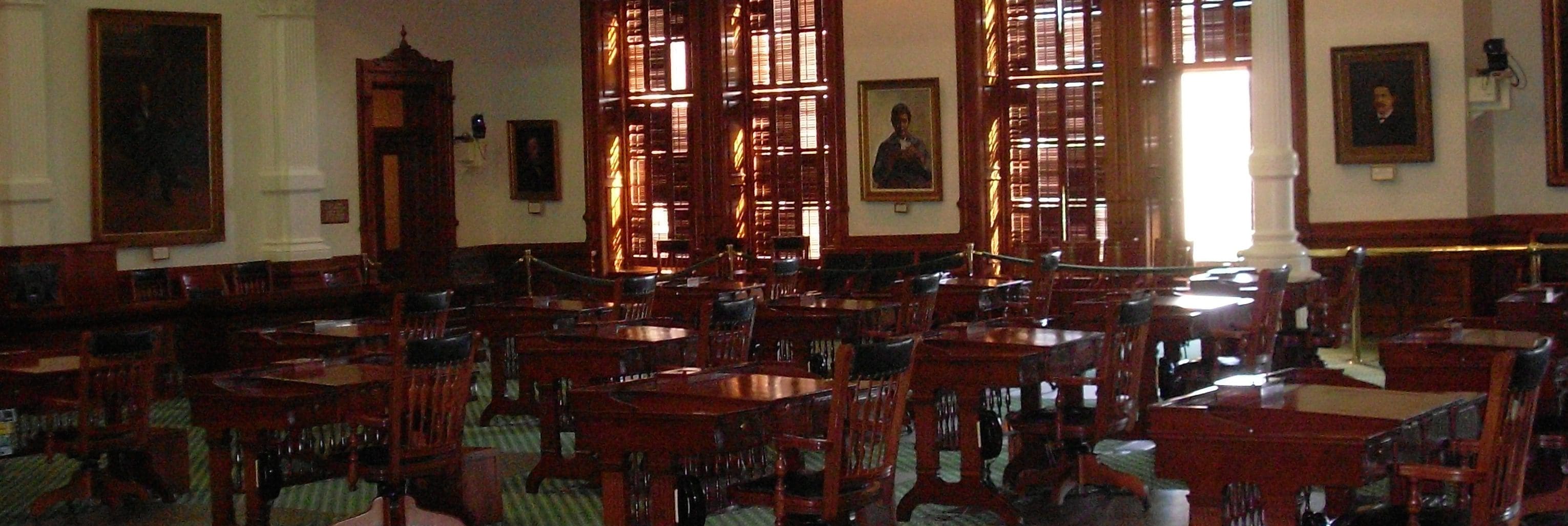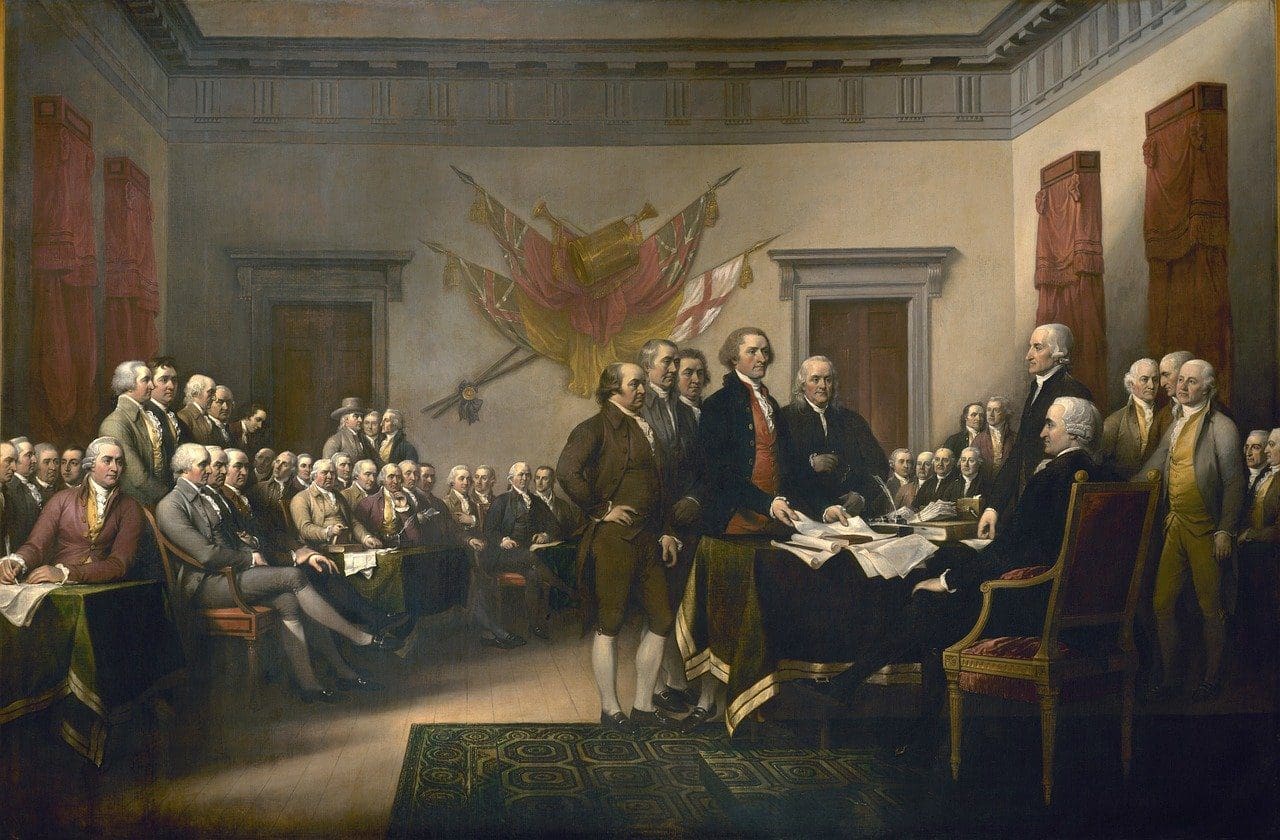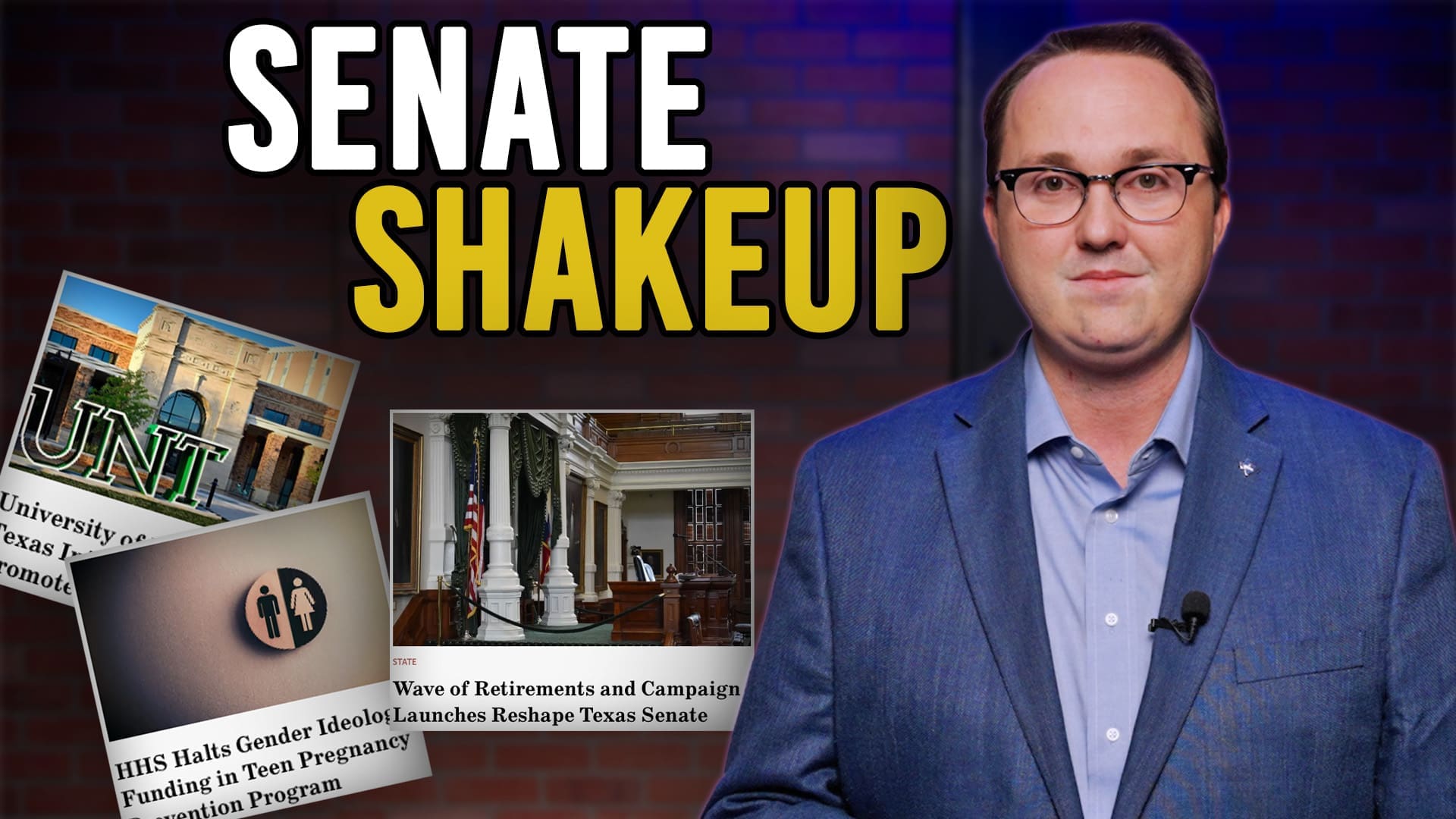Last session, members of the Texas Senate were used by Lt. Gov. David Dewhurst to defend Bill Powers and the elites who control the University of Texas at Austin. In light of recent reports exposing corruption at UT, will Senators allow themselves to be used again by voting through anti-transparency legislation by State Sen. Kel Seilger?
During the height of the 83rd session, Dewhurst brought Senate Resolution 234 to the floor to praise Powers and implicitly attack watchdog regent Wallace Hall.
State Sen. Kevin Eltife praised Powers for “leading the University with honesty and integrity.” State Sen. Rodney Ellis laid it on thick, saying, “We’ll sing the accolades to you today, but it’s only because we respect you, we love you.” State Sen. Joan Huffman focused on Powers’ efforts in race-based admissions, praising him for “quadrupl[ing] the number of African American students and doubl[ing] the number of Hispanics at the Law School,” calling this an “admirable accomplishment.” She concluded saying that Powers had “made the entire state proud.”
Former State Sen. Bob Deuell called Powers a “straight shooter,” saying “When you testify, we can take what you tell us to the bank, and we deeply appreciate that, because that’s not always the case.” State Sen. Jane Nelson echoed the sentiments, saying she “totally agree[d] with them” and saying that Powers had “faithfully led the University of Texas.”
We now know that Powers abused the admissions system at UT in order to admit students recommended by politicians and other people of power. We also know that Powers misled investigators on this topic and lied to reporters about his involvement in the admissions scheme. Powers is set to resign in June.
We suspect some of the senators may want their words back.
Yet State Sen. Kel Seliger (R–Amarillo), who is connected to the UT social establishment (Seliger’s wife Nancy was appointed to the University Development Board by Powers), is moving forward with legislation, SB 177, which is designed to curtail scrutiny of the University by engaged regents such as Regent Wallace Hall.
The bill was amended by State Sen. Charles Perry in committee to remove some of its more obnoxious parts, and those efforts may continue on the floor. But no amendment can reverse the purpose of the legislation.
Despite the fact that it was only through Hall’s diligent efforts that the scandals at UT were uncovered, Seliger’s legislation would prescribe new rules on Regents and restrict their ability to investigate corruption at component institutions.
The bill would change the standard of oversight by regents from “control and management” to “governance,” and demand that regents – rather than maintain their own institutional independence from the Governor, the legislature, and other outside interests – maintain the independence of campus administrators and employees from too much scrutiny by the regents.
This point is particularly obnoxious given that legislators – such as State Rep. Dan Flynn, who is carrying companion legislation in the House – attacked Regent Hall for failing to maintain such “institutional independence” of the University of Texas at Austin when he asked too many questions. By amending current statutes, these politicians are admitting that their attacks on Hall were based on a dishonest premise.
Any bill curtailing regents from exercising their duties of oversight over the universities will be used – and abused – by those in the higher education establishment who wish to continue in their corruption and punish watchdogs like Wallace Hall. Even benign legislation will be abused as an excuse to curtail ongoing and further scrutiny of the corruption of Powers and his allies.
Senators should not let themselves be used in a PR game like they were in 2013.




